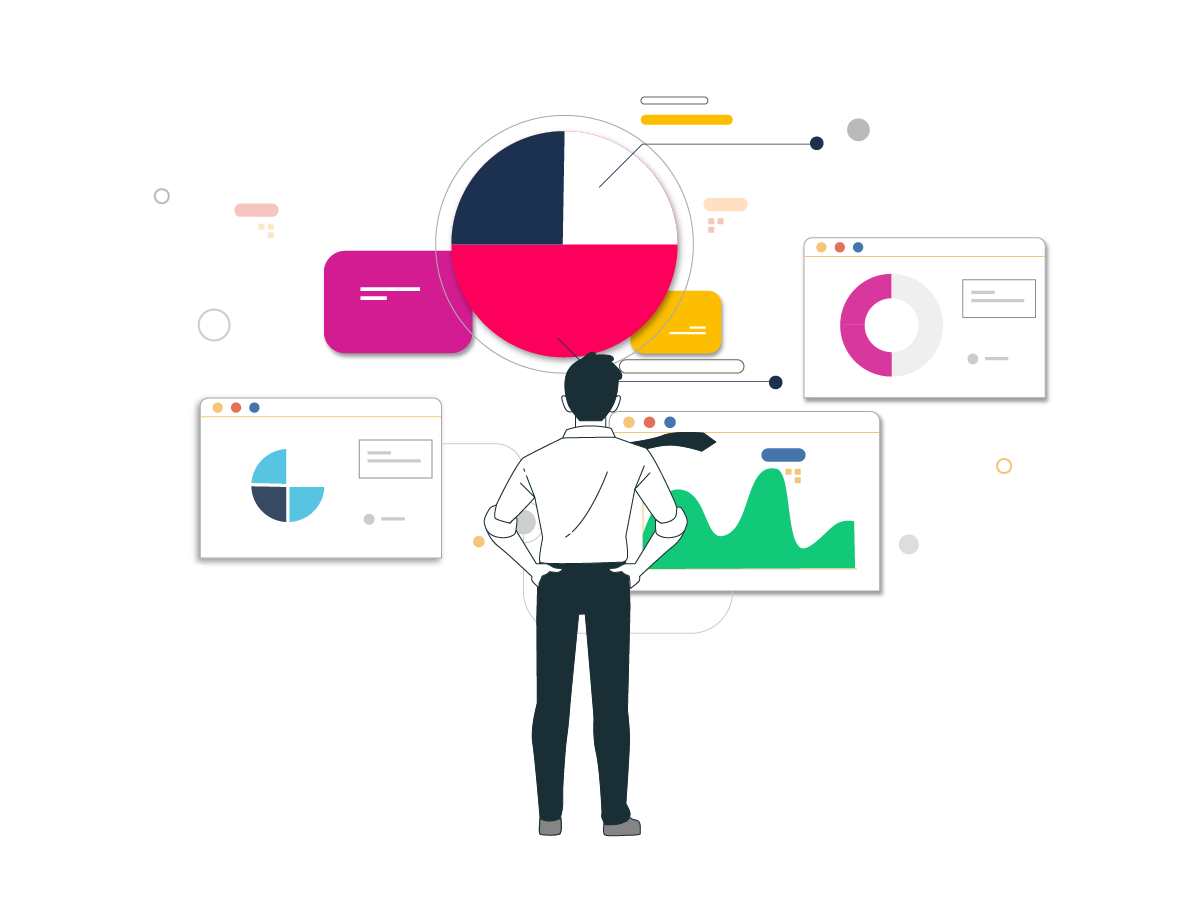In today’s fast-paced and competitive business landscape, organizations are constantly seeking ways to gain a competitive edge and make informed decisions. One key concept that has emerged as a driving force behind business success is Business Intelligence (BI). But what exactly is Business Intelligence, and how can it help organizations achieve their goals? In this article, we will delve into the world of Business Intelligence, exploring its definition, components, benefits, and applications.

What is Business Intelligence?
Business Intelligence refers to the process of collecting, analyzing, and interpreting large amounts of data to inform business decisions. It involves using various tools, technologies, and methodologies to transform raw data into actionable insights that can be used to optimize business operations, improve performance, and drive growth. Business Intelligence is not just about reporting and analyzing data; it’s about using that data to identify trends, patterns, and correlations that can inform strategic decisions.
Components of Business Intelligence
Business Intelligence encompasses a range of components, including:
- Data Collection: Gathering data from various sources, such as databases, spreadsheets, and external data providers.
- Data Analysis: Using statistical and analytical techniques to examine and interpret the data.
- Data Visualization: Presenting the data in a clear and concise manner, using charts, graphs, and other visualizations.
- Reporting: Creating reports that summarize the data and provide insights into business performance.
- Predictive Analytics: Using statistical models and machine learning algorithms to forecast future trends and events.
- Data Mining: Identifying patterns and relationships in large datasets to uncover hidden insights.
Benefits of Business Intelligence
The benefits of Business Intelligence are numerous and well-documented. Some of the most significant advantages include:
- Improved Decision Making: By providing access to accurate and timely data, Business Intelligence enables organizations to make informed decisions that drive business success.
- Increased Efficiency: Automating reporting and analysis processes can help streamline operations and reduce manual errors.
- Enhanced Customer Insights: Business Intelligence can help organizations better understand their customers, including their behavior, preferences, and needs.
- Competitive Advantage: By leveraging Business Intelligence, organizations can gain a competitive edge in the market, identifying opportunities and threats before their competitors.
- Cost Savings: Business Intelligence can help organizations identify areas of waste and inefficiency, leading to cost savings and improved profitability.
Applications of Business Intelligence
Business Intelligence has a wide range of applications across various industries, including:
- Finance: Business Intelligence can help financial institutions analyze customer data, manage risk, and optimize investment portfolios.
- Healthcare: Business Intelligence can help healthcare organizations improve patient outcomes, reduce costs, and enhance the quality of care.
- Retail: Business Intelligence can help retailers analyze customer behavior, optimize pricing and inventory, and improve supply chain efficiency.
- Manufacturing: Business Intelligence can help manufacturers optimize production processes, reduce waste, and improve product quality.
Challenges and Limitations
While Business Intelligence offers numerous benefits, there are also challenges and limitations to consider. Some of the most significant challenges include:
- Data Quality: Poor data quality can lead to inaccurate insights and decisions.
- Data Integration: Integrating data from multiple sources can be complex and time-consuming.
- Security and Governance: Ensuring the security and governance of sensitive data is critical to preventing data breaches and ensuring compliance with regulatory requirements.
- Skills and Training: Business Intelligence requires specialized skills and training, which can be a barrier to adoption.
FAQs
- What is the difference between Business Intelligence and Business Analytics?
Business Intelligence focuses on reporting and analysis, while Business Analytics involves using statistical and mathematical techniques to drive decision making. - What are the key tools and technologies used in Business Intelligence?
Some of the most common tools and technologies used in Business Intelligence include data visualization software, reporting tools, and data mining algorithms. - How can Business Intelligence be used to drive innovation?
Business Intelligence can help organizations identify new business opportunities, develop innovative products and services, and optimize business processes. - What is the role of artificial intelligence in Business Intelligence?
Artificial intelligence can be used to automate reporting and analysis, identify patterns and relationships in data, and provide predictive insights.
Conclusion
In conclusion, Business Intelligence is a powerful tool that can help organizations unlock data-driven decision making and drive business success. By leveraging Business Intelligence, organizations can gain a competitive edge, improve efficiency, and enhance customer insights. While there are challenges and limitations to consider, the benefits of Business Intelligence far outweigh the costs. As data continues to grow in importance, Business Intelligence will play an increasingly critical role in shaping the future of business. Whether you’re a seasoned business leader or an aspiring entrepreneur, understanding the principles and applications of Business Intelligence is essential for achieving success in today’s fast-paced and data-driven business landscape. By embracing Business Intelligence, organizations can unlock new opportunities, drive growth, and thrive in a rapidly changing world.
Closure
Thus, we hope this article has provided valuable insights into Defining Business Intelligence: Unlocking Data-Driven Decision Making. We hope you find this article informative and beneficial. See you in our next article!